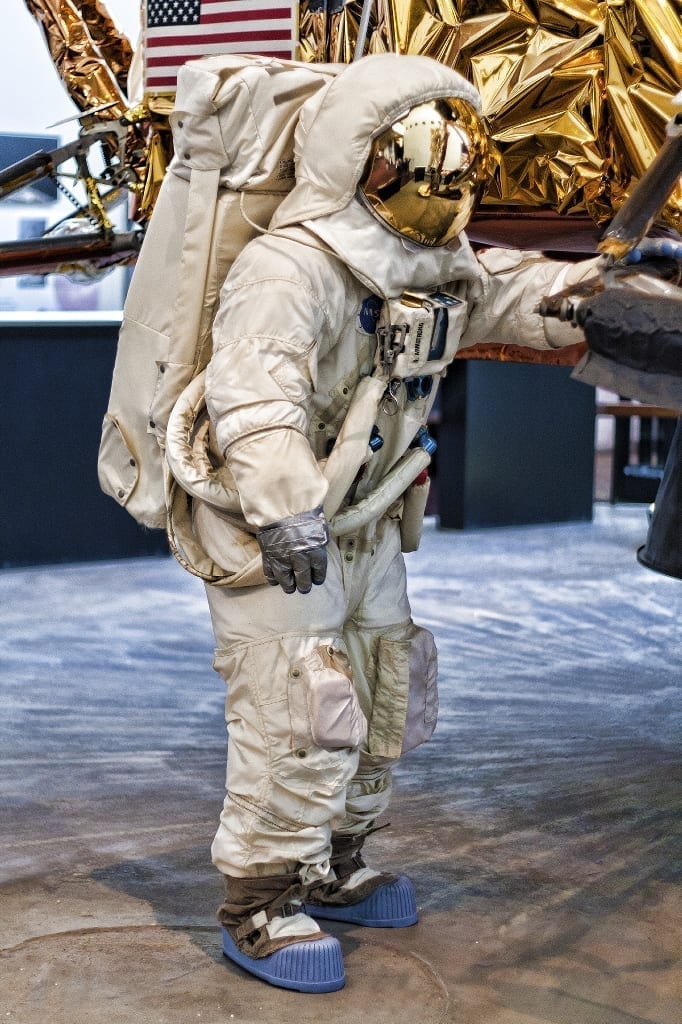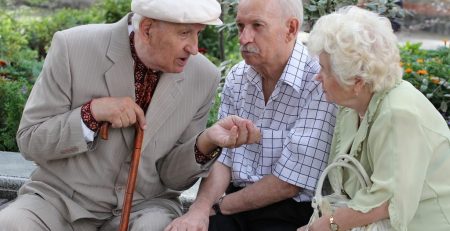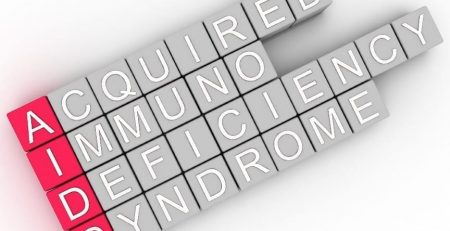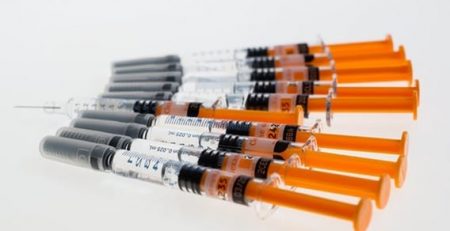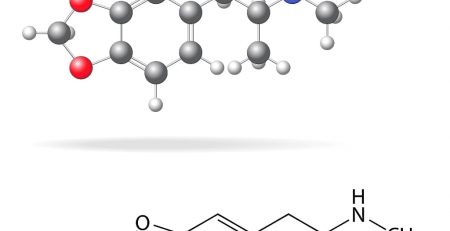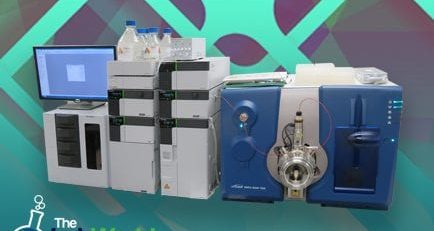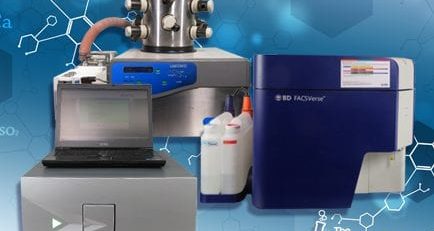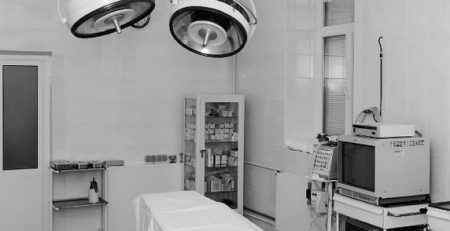Preliminary Results From NASA’s Twin Study Are In
First announced in 2015, the NASA Twins Study presented first early results at a NASA Human Research Program meeting late last month in Galveston, Texas, according to IFLScience.com.
The Twins Study was designed to evaluate how the stress and strain of extensive space travel impacts astronauts. In order to do this, investigators evaluated identical twins Scott and Mark Kelly. Scott spent a year on the International Space Station (ISS) between March 2015 and March 2016. Meanwhile, his brother Mark remained on Earth.
“From the lengths of the twins’ chromosomes to the microbiomes in their guts, ‘almost everyone is reporting that we see differences,'” project scientist Christopher Mason, a geneticist at Weill Cornell Medicine said, according to Nature. For example, during flight, Scott’s telomeres, or the caps on the end of your chromosones, grew to be longer than his brother’s.
“That is exactly the opposite of what we thought,” said Susan Bailey, a radition biologist at Colorado State University in the same article.
While the length of Scott’s telomeres returned to normal shortly after returning to Earth, it was determined he went through less DNA methylation (the process where chemical marker groups are added to DNA) than his brother. The first peer-reviewed papers from this study are expected to be out in late 2017/early 2018.




